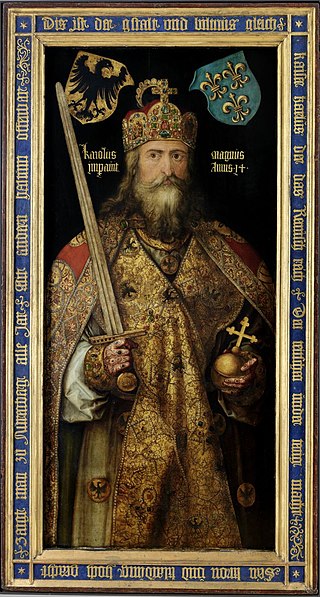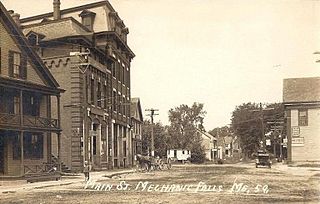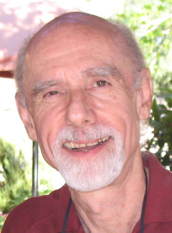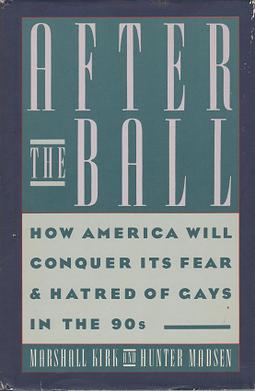
Genealogy is the study of families, family history, and the tracing of their lineages. Genealogists use oral interviews, historical records, genetic analysis, and other records to obtain information about a family and to demonstrate kinship and pedigrees of its members. The results are often displayed in charts or written as narratives. The field of family history is broader than genealogy, and covers not just lineage but also family and community history and biography.

William Longespée, 3rd Earl of Salisbury was an Anglo-Norman nobleman, primarily remembered for his command of the English forces at the Battle of Damme and for remaining loyal to his half-brother, King John. His nickname "Longespée" is generally taken as a reference to his great physical height and the oversized weapons that he used.
Roger Dudley was an English soldier.

William Brewster was an English official and Mayflower passenger in 1620. He became senior elder and the leader of Plymouth Colony, by virtue of his education and existing stature with those immigrating from the Netherlands, being a Brownist.
Gary Mokotoff (born April 26, 1937) is an author, lecturer, and Jewish genealogy researcher. Mokotoff is the publisher of AVOTAYNU, the International Review of Jewish Genealogy, and is the former president of the International Association of Jewish Genealogical Societies (IAJGS). He is the creator of the JewishGen's Jewish Genealogical Family Finder and the Jewish Genealogical People Finder. He co-authored the Daitch–Mokotoff Soundex system. Mokotoff is co-author of Where We Once Walked: A Guide to the Jewish Communities Destroyed in the Holocaust.

Richard Warren was one of the passengers on the Pilgrim ship Mayflower and a signer of the Mayflower Compact.

A royal descent is a genealogical line of descent from a past or present monarch.
Leslie Gilbert Pine was a British writer, lecturer and researcher in the areas of genealogy, nobility, history, heraldry and animal welfare.
Donald Lines Jacobus, FASG (1887–1970) of New Haven, Connecticut, is widely recognized among genealogists as a prominent figure in American genealogy.
John Webster was an early colonial settler of New England, serving one term as governor of the Colony of Connecticut in 1656.
After the Ball may refer to:

Emily Wilder Leavitt (1836–1921) of Boston, Massachusetts, who doubled as an historian and professional genealogist, was one of the first female members of the New England Historic Genealogical Society. Daughter of an acting mayor of Boston, Miss Leavitt managed to make a living writing the histories of early New England families, compelling her to scour the region's early records.

Megan Smolenyak Smolenyak, born October 9, is an American genealogist, author, and speaker. She is also a consultant for the FBI and NCIS.

William Addams Reitwiesner was an American genealogist who traced the ancestry of United States political figures, European royalty and celebrities.

Mechanic Falls is a town in Androscoggin County, Maine, United States. The population was 3,107 at the 2020 census. It is included in both the Lewiston-Auburn, Maine metropolitan statistical area and the Lewiston-Auburn, Maine metropolitan New England city and town area.

Eugene Cole Zubrinsky is an American genealogist focusing on colonial southern New England families. He is a Fellow of the American Society of Genealogists and lives in Ojai, California.
Douglas Charles Richardson is an American genealogist, historian, lecturer, and author based in Salt Lake City in Utah. He has researched cases involving all periods of American research from colonial to the modern times. He has written extensively on the genealogy of medieval English gentry families and English royalty.
Joseph Gardner Bartlett was a prominent American genealogist, whose work focused on colonial New England and the English origins of colonial families. Trained as an architect at MIT, he gave up architecture for genealogy in his thirties. His best-known works include two genealogies of the Stone family and The Henry Adams Genealogy (1927), which treated the family of Henry Adams, immigrant ancestor of the two American presidents by this surname. Bartlett's paternal ancestors bore the surname Kilham until 1845, when his father changed his surname to Bartlett.
Elizabeth French Bartlett was an American genealogist.

After the Ball: How America Will Conquer its Fear and Hatred of Gays in the 90s is a 1989 book about LGBT rights in the United States by the neuropsychologist Marshall Kirk and Hunter Madsen. The book has been described as advocating the use of propaganda to advance the cause of gay rights, and has been criticized by social conservatives as an expression of the "homosexual agenda".










